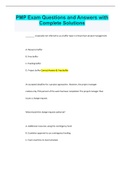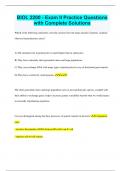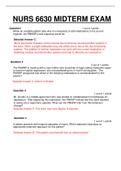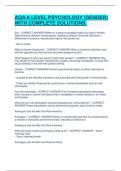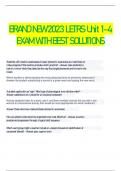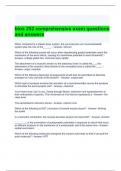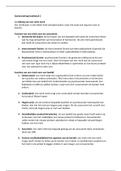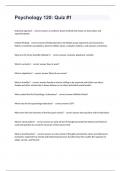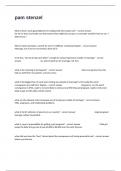Samenvatting
Samenvatting Health Psychology Part 2: Biopsychological Interactions
- Instelling
- Katholieke Universiteit Leuven (KU Leuven)
Dit is een overzichtelijke samenvatting van het vak 'Health Psychology Part 2: Biopsychological Interactions' met alle powerpoints en zeer uitgebreide notities van tijdens alle lessen. Het vak werd gegeven in de richting Psychologie aan KULeuven in het schooljaar . Eerste examenpoging: 19/20
[Meer zien]




